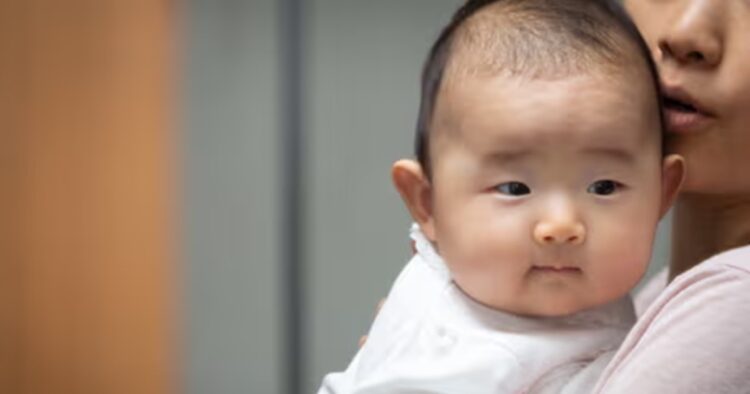The South Korean government said on Wednesday that the birth rate in the nation fell to a record low, even after investing millions and billions of dollars into encouraging women to have more children.
The South Korean government asks families to maintain population stability as the country has one of the world’s longest life expectancies and the lowest birth rates.
The report comes after the rising trends of people being more concerned about their career advancement and avoiding the financial burden of raising children. The families are either delaying childbirth or not having babies at all.
According to Statistics Korea, data showed that the average number of expected babies for a South Korean woman during her reproductive life fell to a record low of 0.72 from 0.78 in 2022.
The current status is far below the rate of 2.1 per woman, which is needed for a steady population. It was even lower than the rate of 1.24 in 2015 when concerns about issues such as the cost of housing and education were lower.
Experts in the country have estimated that at the current rate, the population of 51 million will nearly halve by the year 2100.
The government has attempted to tackle the situation as it has spent vast amounts on trying to encourage more babies, offering cash subsidies, babysitting services, and support for infertility treatment.
Lim Young-il, who is the head of the Population Census Division at Statistics Korea, said, ‘When data collection began, The number of newborns, birth rates, and crude birth rates (newborns per 1,000 people) are all at the lowest point since 1970’.
South Korea remained the only Organisation for Economic Co-Operation and Development (OECD) member with a rate below 1 since 2018. While the average age to give birth is 33.6, the highest in the OECD.

















Comments